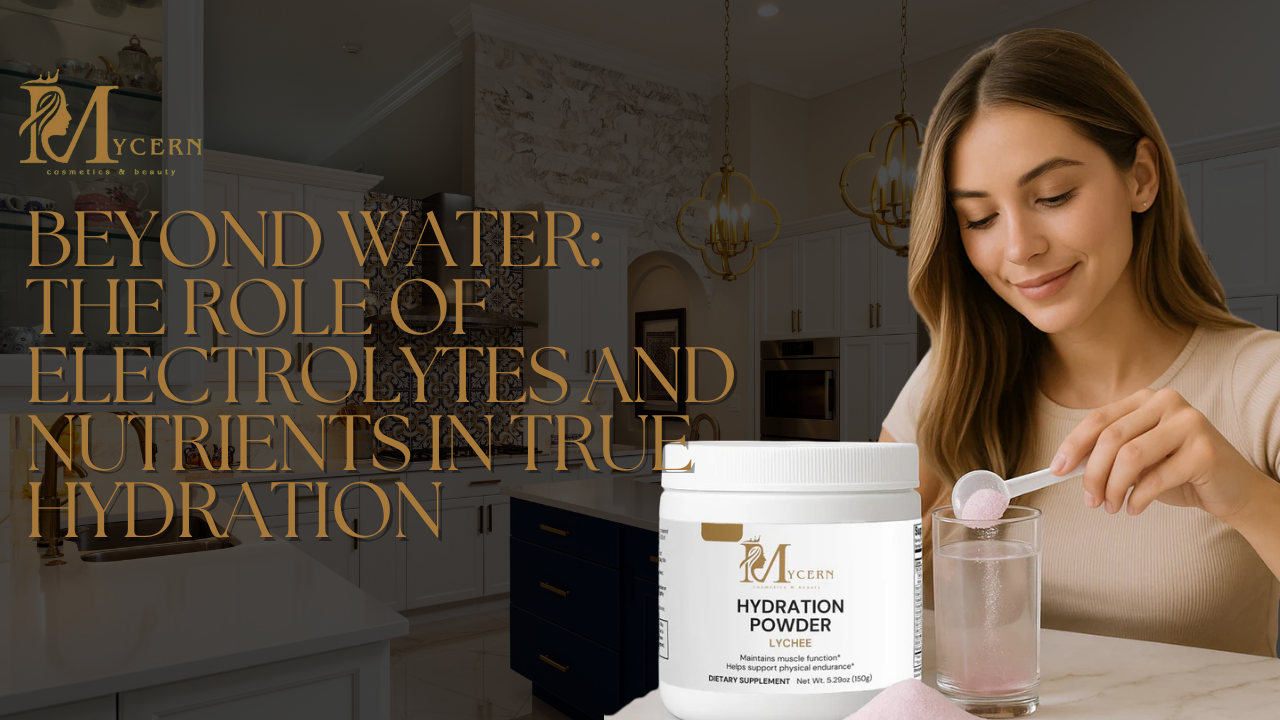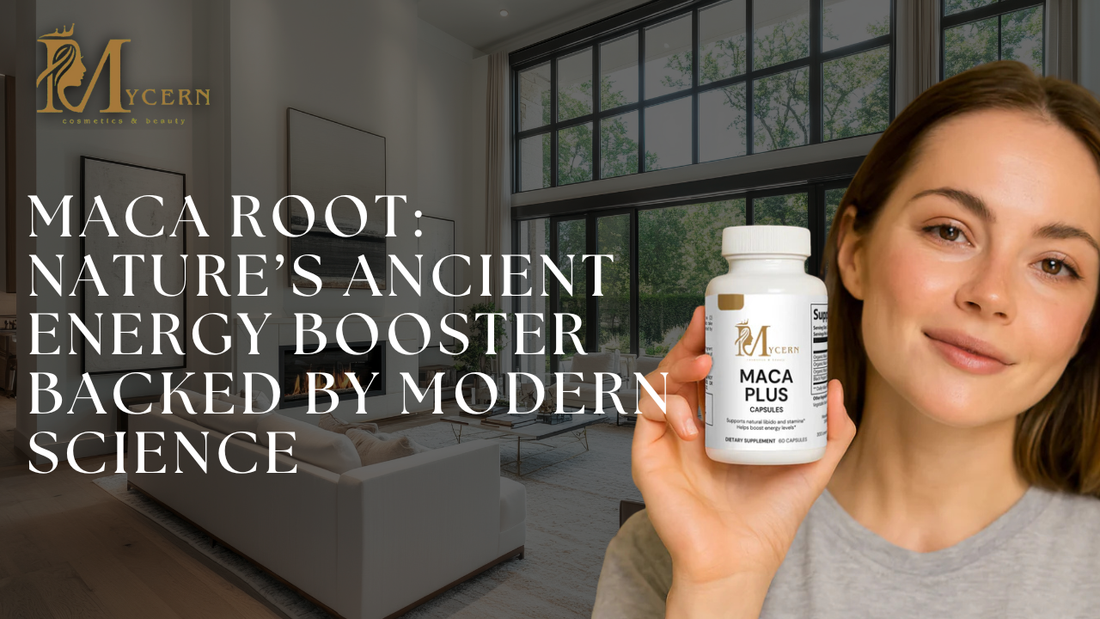Although water makes up over 60% of the body, more than just water is needed to keep it well hydrated. Fluids facilitate digestion, cushion joints, move nutrients throughout the body, and help to control body temperature.
Yes, water is essential; however, minerals such as sodium, potassium, and magnesium are also necessary for proper hydration. Together with other nutrients, these electrolytes aid in delivering water to areas that need it the most. Even when water consumption appears to be sufficient, the body cannot sustain energy, focus, or general wellness without equilibrium [1].

What is Hydration?
The process of providing the body with sufficient fluids to support proper function is known as hydration. The most important element is water, but being well-hydrated also entails balancing electrolytes, minerals, and fluids from different food sources [2].
Many biological processes are supported by sufficient hydration such as
· Water aids in digestion by aiding the breakdown of food and facilitating nutrient absorption.
· Maintaining hydration helps maintain stable body temperature through breathing and sweating.
· When engaging in physical activity, staying properly hydrated increases strength and endurance.
· Fatigue, disorientation, and diminished focus can result from dehydration.
Why Electrolytes Matter
Sweating causes the loss of vital electrolytes, including salts, potassium, and magnesium, in addition to water. It is critical to replenish these electrolytes, particularly at high temperatures or after vigorous exercise. The electrolyte balance can be preserved using sports drinks or natural substitutes [3].
The Role of Nutrients in Hydration
While electrolytes help to maintain fluid equilibrium, certain nutrients play a role in boosting hydration at the cellular level:
B vitamins can indirectly support energy levels and hydration by serving as a cofactor for several enzymes involved in electrolyte function. It is well recognized that some B vitamins, like pyridoxine (B6) and thiamine (B1), are crucial for the body's electrolyte transport mechanisms to operate correctly. These transport systems help maintain appropriate electrolyte levels, control fluid balance, and prevent dehydration during exercise [4].
MyCern Hydration Powder: Smart Hydration, Simplified
Restoring balance is the goal of hydration, not just to quench thirst. MyCern Hydration Powder (Lychee) is a pleasant, sugar-free solution that contains vital electrolytes, B vitamins, and minerals. Designed to enhance energy, attention, and endurance while simplifying hydration, it is ideal for both active lifestyles and everyday wellness.
Water is only one aspect of true hydration; MyCern ensures that the body gets all that it needs to function properly.

References
4. Hanna, M., et al., Vitamins: functions and uses in medicine. Perm. J, 2022. 26(2): p. 89-97.
About the Author
Dr. Hina Manzoor, Ph.D. in Biochemistry, is a nutraceutical specialist with over four years of experience as a Quality Control Manager in the supplement industry. She is passionate about bridging the gap between science and wellness, providing evidence-based insights to help readers make smarter health decisions.





